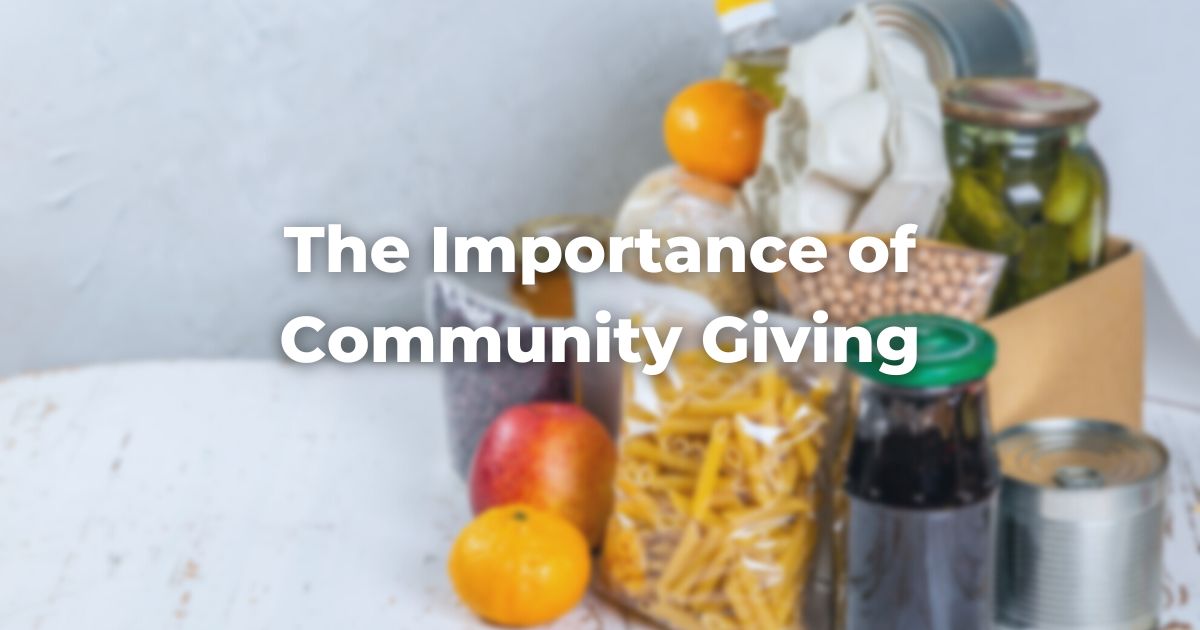As Rabbi Jacob Neusner points out in his Tz’dakah: Can Jewish Philanthropy Buy Jewish Survival? (1982; reprint, New York: URJ Press, 1997, pp. 32 and 67ff.), these days, the shared work of collecting and distributing charity is a significant mechanism through which individual Jews become a Jewish community.
However, many of the details described in the traditional laws for collection and distribution are out of place in the modern world.
Designating two people to collect funds and three people to decide how to distribute them, as Jewish law does (BT Bava Batra 8b and Mishneh TorahRefers to the first five books of the Hebrew Bible, the Tanakh, also called the Five Books of Moses, Pentateuch or the Hebrew equivalent, Humash. This is also called the Written Torah. The term may also refer to teachings that expound on Jewish tradition., Hilchot Matnot Aniyiim 9:5), seems blatantly autocratic to us; even thirty is too small a number for the boards of directors of many of our larger charitable organizations, to say nothing of governmental agencies.
And delivery of the aid is much more efficiently done through the mail or through direct deposits in bank accounts rather than by delegations traveling door-to-door.
Some guidelines clearly emerge from Jewish concepts and law in responding to the problem of poverty.
Specifically, in light of the notion that God’s image is embedded in each of us, preserving the dignity and economic viability of all concerned must be prioritized when determining the recipients of aid, the methods of collection and distribution, the programs of prevention, and all other related variables.
Because the best type of aid by far is to prevent poverty in the first place, the clear mandate of the Jewish tradition for both teenagers and adults is to support governmental and private programs of education in general and job training in particular (BT Bava Batra 8b).
Tutoring programs to help teenagers finish high school and sex education programs to help them avoid pregnancy are critical to enable young people to become self-sustaining adults.
This priority supports the Jewish parental responsibility—and, by extension, the community’s duty—to teach children a form of gainful employment (BT Kiddushin 29a), and it accords well with Maimonides’ hierarchy of charitable obligations.
For those who permanently or temporarily cannot work, immediate sustenance should be available with few, if any, questions asked.
Jewish programs like Mazon and Sova do this now on an ongoing basis.
The late Mickey Weiss, a Los Angeles produce distributor, began what became a nationwide effort to get produce distributors to donate their leftover fruits and vegetables each day to local soup kitchens, and some restaurants and caterers donate their leftover food to them as well.
In addition, synagogues and Jewish Family Service agencies collect money for the needy before Passover in ma-ot ḥittim campaigns and/or on Purim as part of the mitzvah of mattanot la-evyonim, the giving of gifts to the poor that is traditionally one of the components of Purim celebration (Esther 9:22).
In addition to food, Jewish law requires us to provide clothing and shelter to the destitute.
Therefore, housing must be provided to the homeless, preferably on an ongoing basis, but at least on nights with cold or inclement weather. If people experiencing economic hardship have housing of their own, they should be permitted to retain it even while getting public assistance.
Long before modern bankruptcy law protected one’s home and one’s means of earning a living, Jewish law stipulated that qualifying for welfare programs should not require that people lose their homes or sell their tools for employment (Mishneh Torah, Hilchot Matnot Aniyiim 9:14), for the ultimate goal of Jewish giving is to help people be self-sufficient.
Collectors and distributors of charity funds have a responsibility to act honestly, discreetly, and wisely in their sacred tasks.
This includes striking a delicate balance between assuring that those who ask for aid are truly in need, while simultaneously preserving their privacy and honor as much as possible.
For their part, individuals receiving charitable gifts also have duties.
These include the obligation to manage responsibly whatever resources they do have, and, if at all possible, to seek training and employment that will extricate them from poverty (Mishneh Torah, Hilchot Matnot Aniyiim 10:18).
Those who cannot work or find employment must try to contribute to the community in some other way.
Communal officials have the right and duty to ensure that people receiving aid are living up to these responsibilities, but they must do so tactfully and respectfully.
Adapted with permission from The Observant Life.
Authors
-

Rabbi Elliot Dorff, Ph.D., Distinguished Service Professor of Philosophy at American Jewish University, has written or edited 29 books and over 200 articles on Jewish theology, law, and ethics. His latest two books are Modern Conservative Judaism: Evolving Thought and Practice and Ethics at the Center: Jewish Theory and Practice for Living a Moral Life. Awarded four honorary doctorates, he has chaired four scholarly organizations, Jewish Family Service of Los Angeles, and the Rabbinical Assembly’s Committee on Jewish Law and Standards. His wife, Marlynn, and his four children and eight grandchildren are, he thinks, more important than anything listed above.
View all posts -



The Observant Life: The Wisdom of Conservative Judaism for Contemporary Jews distills a century of thoughtful inquiry into the most profound of all Jewish questions: how to suffuse life with timeless values, how to remain loyal to the covenant that binds the Jewish people and the God of Israel, and how to embrace the law while retaining an abiding sense of fidelity to one’s own moral path in life. Written in a multiplicity of voices inspired by a common vision, the authors of The Observant Life explain what it means in the ultimate sense to live a Jewish life, and to live it honestly, morally, and purposefully. The work is a comprehensive guide to life in the 21st Century. Chapters on Jewish rituals including prayer, holiday, life cycle events and Jewish ethics such as citizenship, slander, taxes, wills, the courts, the work place and so much more.
View all posts






